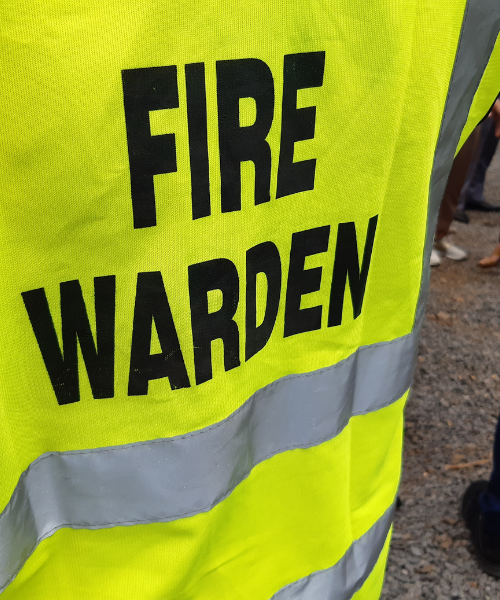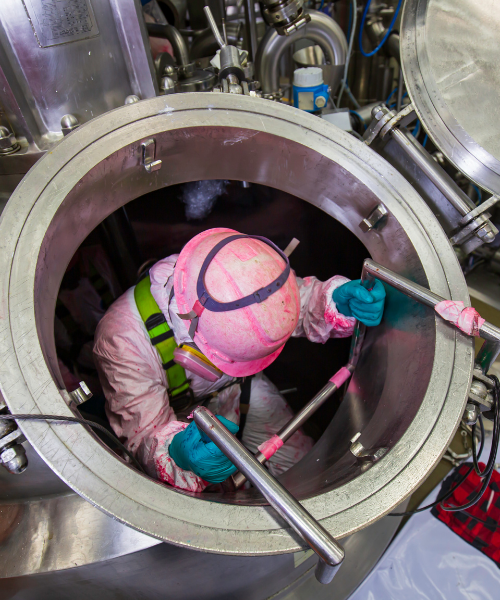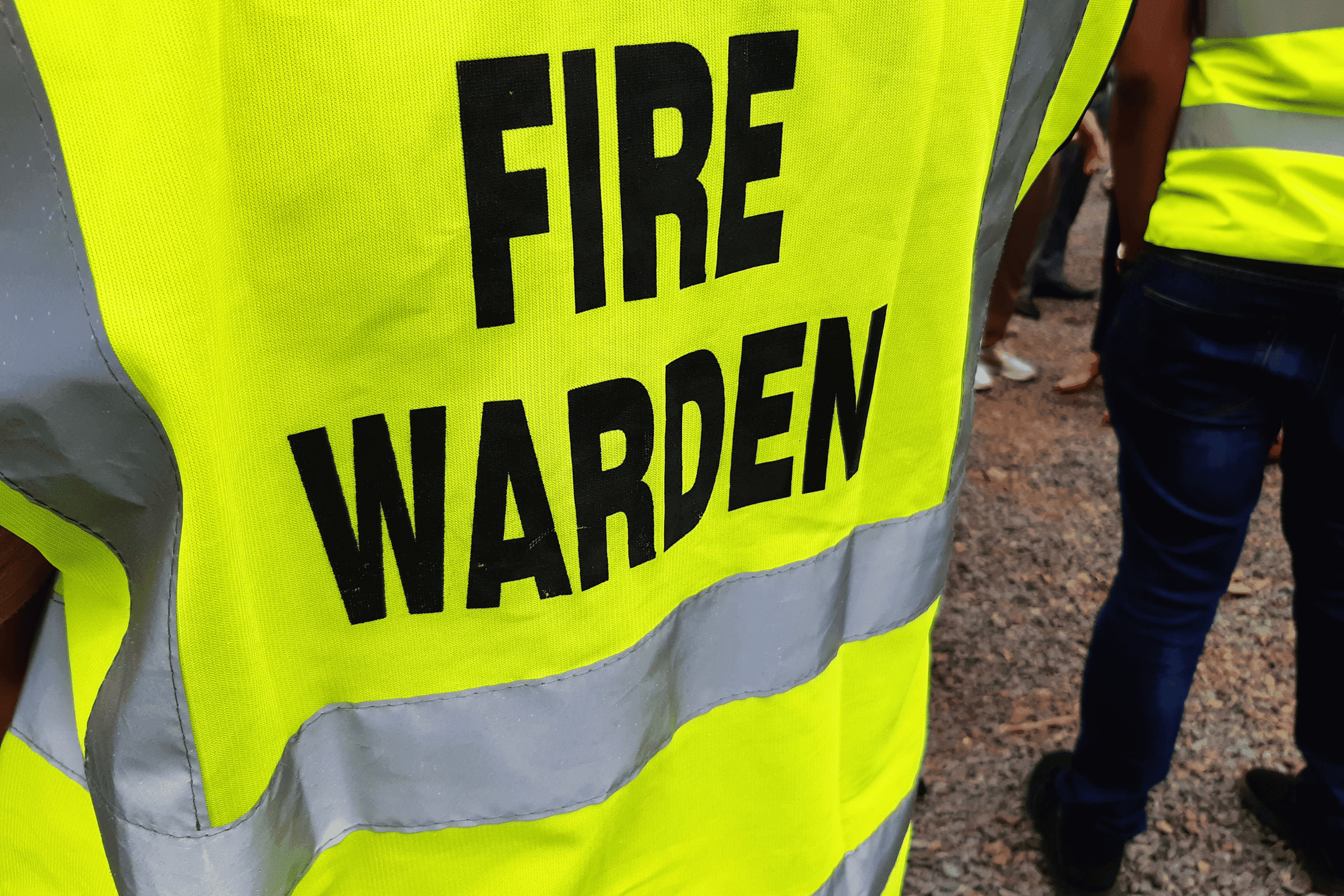Building
Fire Warden and Management
Theory
• Facts about fire
• Fire Triangle
• Fire Development theory
• Principal Causes of Spread of Fire
• Class of Fire
• Method of Extinguishment
• Introduction to Fire Safety
• Fire Safety Plan
• General Fire Risk Assessment
• General Fire Safety Audit
• Escape from smoke filled area
• Introduction to Fire Evaluation
• Fire Escape / Evaluation Plan
• Fire Warden System
• Headcount and Mustering process
• Introduction to Portable Fire Extinguisher
• Type of Portable Fire Extinguisher
• Selection and installation of Portable Fire Extinguisher
• Operating Portable Fire Extinguisher
• Introduction to Hose & Hose Fittings
• Hose Deployment and Recommissioning
• Hose Handling Technique
• Hydrant & Accessories
• Nozzle Operation
• Rescue Pre-Planning
• Priority of Rescue
• Emergency/ Improvised Rescue
• Stretcher Based Rescue
• Basic of Breathing Apparatus
• Working duration of Breathing Apparatus
• Type of Breathing Apparatus
• Donning and Doffing of Breathing Apparatus
Practical
• Smoke Escape procedure
• Portable Fire Extinguisher Operation
• Hose Deployment & recommission
• Hydrant Operation
• Hose Handling
• SCBA Operation
• Working with SCBA
• Emergency Response simulation (scenario based)

Rescue In Confined Space
Theory
• CSR team composition
• Standard Operating Procedure
• Phases of Confined Space Rescue
• Overview of Confined Space Rescue Equipment
• Rescue Retrieval Equipment
• Breathing Apparatus
• Tripod and edge management equipment
• Rope Rescue Software and Hardware
• Confined Space Stretchers
• Air Ventilation equipment
• Communication Equipment
Practical
• Skill Set 1 – Donning of SCBA
• Skill Set 2 – Doffing of SCBA
• Skill Set 3 – Basic SCBA Drills
• Skill Set 1 – Tripod & Mechanical Advantage setup
• Skill Set 2 – Confined Space Stretcher Operation
• Skill Set 3 – Basic Operational Signals
• Skill Set 1 – Retrieval using Mechanical Winch
• Skill Set 2 – Retrieval using Rope System
• Skill Set 1 – Non-Entry Rescue
• Skill Set 2 – Entry Rescue – Horizontal
• Skill Set 3 – Entry Rescue – Vertical

related Courses
Choose Your Course and Register Now
Choosing the right fire safety course is essential for improving your skills and knowledge in fire prevention and response. Courses are available at all levels, from basic awareness to advanced training for professionals. Select the course that matches your goals and prioritize fire safety in your life or career.”
Active and Passive Fire System in Building

Understand the types of fire protection system ie; active and passive
Understand the flow of events during fire emergency
Understand fire protection facilities and management
Understand problem faced for maintenance and good practices
Fire Warden Management

Understand different types of fire extinguisher
Demonstrate the use of the fire extinguisher promptly
Demonstrate the ability to manage small fire, safely and effectively
Plan and prepare effective
emergency plans
Develop the hierarchy of commands
Understand Evacuation & Emergency response procedures
Lead and contribute directly in the event of emergency
Rescue In Confined Space

Conduct monitoring of the environment using appropriate equipment and personal protective equipment to assess the situation
Prepare and enter a confined space-maintaining communication, using PPE and confined space rescue tool kit to maintain the safety
Package a victim for removal from confined space to minimize harm; and
Remove all entrants from a confined
space with established PPE, retrieval
systems and ensure victims are
treated
